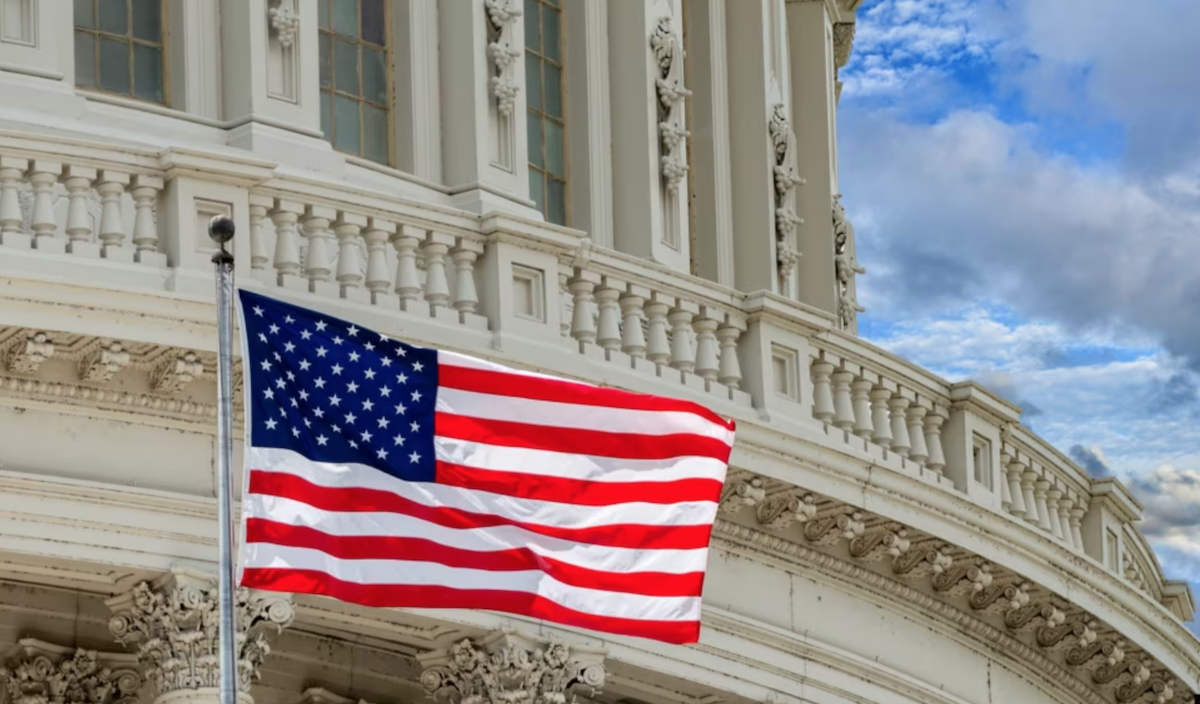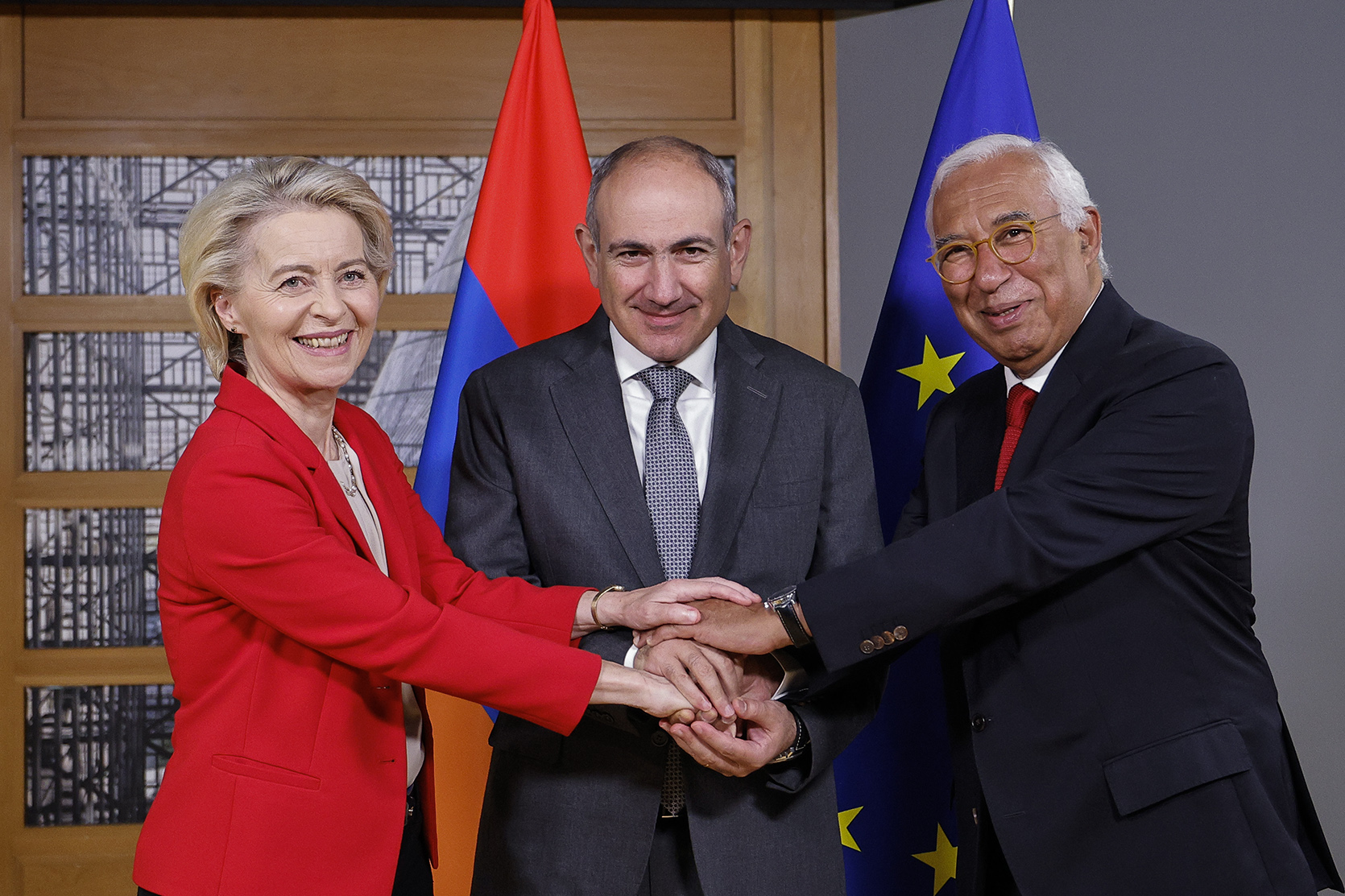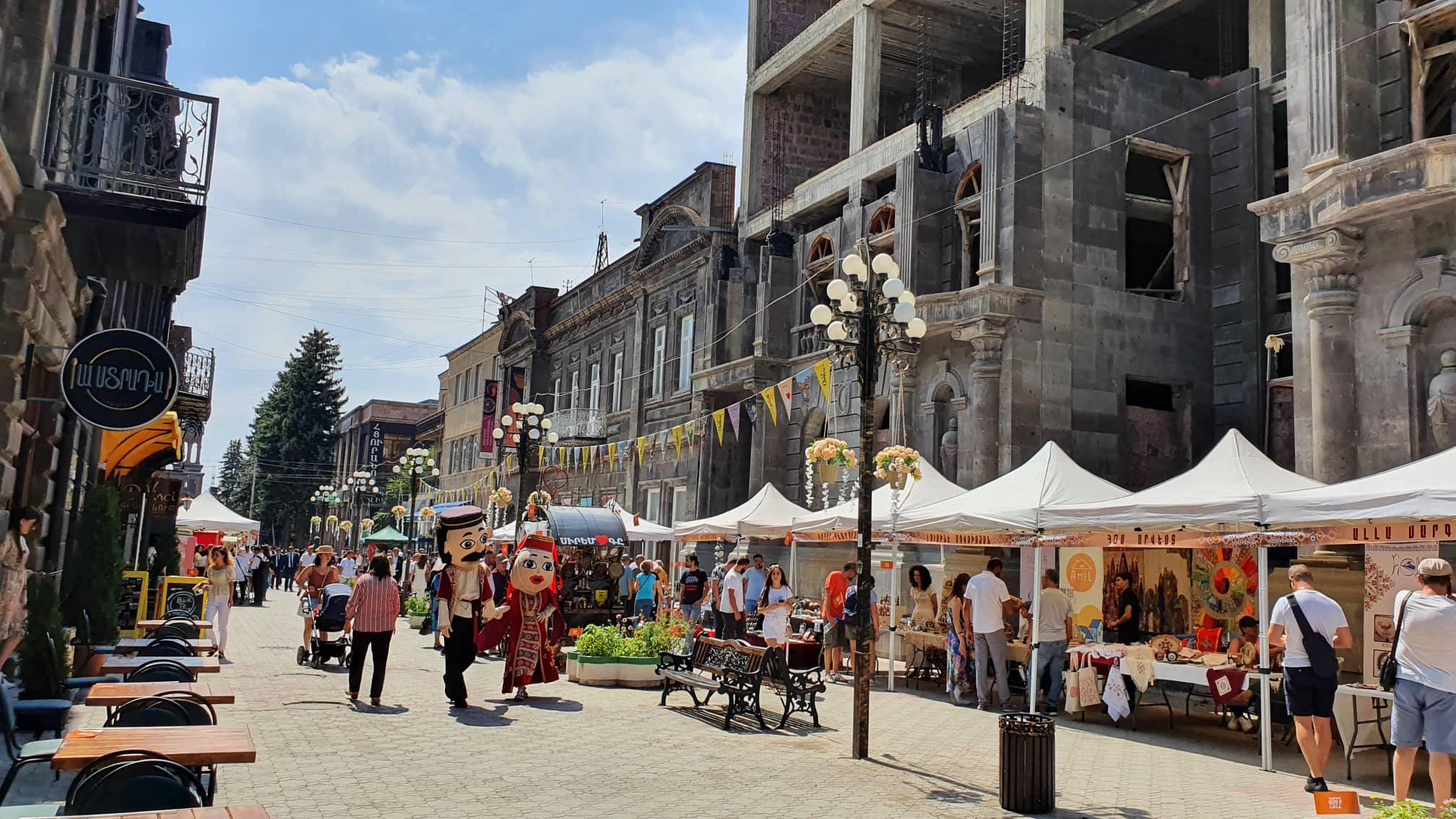The US has announced visa restrictions for those in Georgia linked to the "foreign agents" law
The US has sanctioned Georgian officials
On May 24, US Secretary of State Antony Blinken announced “a new visa restriction policy for those responsible for undermining democracy in Georgia, including in connection with the Georgian Dream’s proposed “foreign influence” legislation.”
The Secretary of State did not specify the names of those affected by the restrictions.
The full statement is available on the US State Department’s website.
Announcement of a Visa Restriction Policy for Undermining Democracy in Georgia and Comprehensive Review of All U.S.-Georgia Cooperation
Over the past few months the ruling Georgian Dream party has developed and passed a “foreign influence” law that would stifle the exercise of freedoms of association and expression, stigmatize organizations that serve the citizens of Georgia, and impede independent media organizations working to provide Georgians with access to high quality information.
As Georgian citizens have voiced opposition to the law, we have seen clear indications of a campaign of intimidation and the use of violence to suppress peaceful dissent. Both the “national security law” and the repressive tactics used to quell legitimate dissent undermine Georgia’s democracy and the fundamental freedoms to which the Georgian people are entitled and run contrary to Georgia’s long-stated goal – reflected in its constitution — of Euro-Atlantic integration and strategic partnership with the United States.
In response to these actions, the Department of State is implementing a new visa restriction policy for Georgia that will apply to individuals who are responsible for or complicit in undermining democracy in Georgia, as well as their family members. This includes individuals responsible for suppressing civil society and freedom of peaceful assembly in Georgia through a campaign of violence or intimidation.
U.S. support for Georgia’s democracy is longstanding and foundational to our bilateral relationship. Anyone who undermines democratic processes or institutions in Georgia —including in the lead-up to, during, and following Georgia’s October 2024 elections — may be found ineligible for U.S. visas under this policy and precluded from travel to the United States. Immediate family members of such persons may also be subject to these restrictions.
I am also launching today a comprehensive review of bilateral cooperation between the United States and Georgia. It remains our hope that Georgia’s leaders will reconsider the draft law and take steps to move forward with their nation’s democratic and Euro-Atlantic aspirations. As we review the relationship between our two countries, we will take into account Georgia’s actions in deciding our own.
This visa restriction policy is pursuant to Section 212 (a)(3)(C) of the Immigration and National Act, and allows the Department of State to implement visa restrictions for individuals, whether current or former state or non-state actors who are responsible for, or complicit in, undermining democracy in Georgia, including through the use of violence, force, or coercion to impede the exercise of civil or political rights, as well as the immediate family members of such individuals.
On 24 May, the U.S. Senate is considering a new bipartisan sanctions bill against members of the Georgian government, authored by senators Jeanne Shaheen and Jim Risch.
According to POLITICO, the “Georgian People’s Act” includes travel bans and other sanctions targeting Georgian politicians responsible for “hindering the country’s Euro-Atlantic integration,” as well as for “corruption, human rights violations, and promoting or passing the foreign agents law.“
POLITICO highlights that Georgia’s “Foreign Influence Transparency Act” mirrors Russia’s foreign agents law, which is used to silence civil society and suppress dissent. The publication also notes that the Georgian Ministry of Internal Affairs used violent methods, including tear gas and pepper spray, to disperse protests against this law.
The bipartisan bill also calls for the permanent suspension of the U.S.-Georgia strategic dialogue, which focused on security and democracy issues.
A few days earlier, a bill was introduced in the U.S. Congress to freeze assets and ban visas for members of the Georgian government who supported the “Russian-style foreign agents law.”
This bill also emphasizes that Tbilisi is “openly attacking” the U.S. and other Western organizations promoting democracy, as well as “local and international civil society,” while simultaneously “strengthening” ties with Russia and China.



















